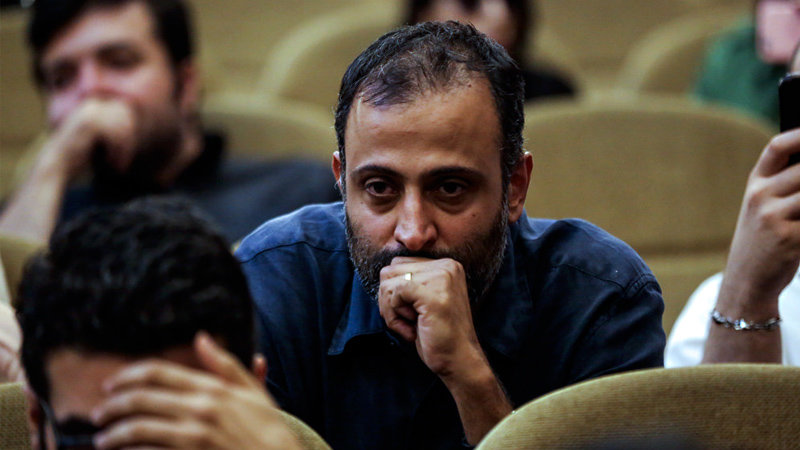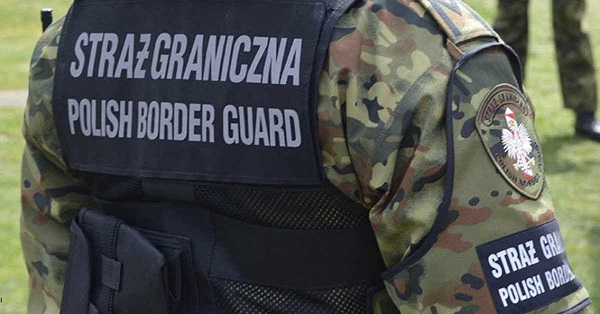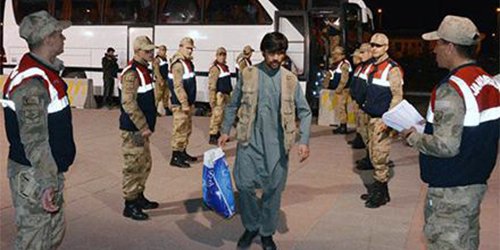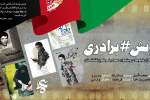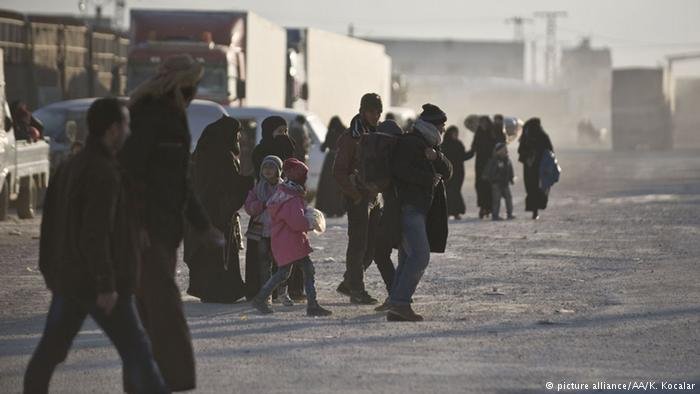Bahman Kiarostami’s latest documentary “Exodus” surveys the impacts of the deep recession facing Iran following the U.S. withdrawal from the 2015 Iran nuclear deal on the return of undocumented Afghan migrants from the country.
Publish dateThursday 13 December 2018 - 05:30
Story Code : 175856
AVA- “‘Exodus’ was made in the wake of the economic recession and its impacts on the return of Afghan migrants from Iran,” he told the Persian service of ISNA on Tuesday.
According to a recent report published by the International Organization for Migration, 13,644 undocumented Afghans spontaneously returned or were deported from Iran through the Milak (Nimroz) and Herat (Islam Qala) border crossings from December 2 to 8.
Afghan migrants are usually employed to do the difficult jobs Iranians shrink from.
Reading an article about the Imam Reza Immigration Center, a Tehran-based organization that registers those undocumented Afghan migrants who want to return their homeland, also pushed Kiarostami to make the documentary at the center.
“Thousands of Afghans were interviewed at the center every day and we were not allowed to have any control over the conditions at all, and the questions were those asked by the center’s agents,” he said.
“As the director of the documentary, I had minimal intervention in the inquires made during the shooting,” he noted.
It seems that the investigative process at the center turns into an inquisition. “They were asked a lot of questions from their identities to personal and religious issues,” Kiarostami stated.
Kiarostami views the documentary typically a sequel to his books “Photo Riahi” and “Golshahr”.
Bahman, a son of the celebrated filmmaker Abbas Kiarostami, said that he was inspired by his father in making “Exodus”. “The film owes a debt to Abbas Kiarostami’s ‘Homework’ and ‘First Graders’.”
The film is competing in the 12th Cinéma Vérité festival currently underway at Tehran’s Charsu Cineplex.
According to a recent report published by the International Organization for Migration, 13,644 undocumented Afghans spontaneously returned or were deported from Iran through the Milak (Nimroz) and Herat (Islam Qala) border crossings from December 2 to 8.
Afghan migrants are usually employed to do the difficult jobs Iranians shrink from.
Reading an article about the Imam Reza Immigration Center, a Tehran-based organization that registers those undocumented Afghan migrants who want to return their homeland, also pushed Kiarostami to make the documentary at the center.
“Thousands of Afghans were interviewed at the center every day and we were not allowed to have any control over the conditions at all, and the questions were those asked by the center’s agents,” he said.
“As the director of the documentary, I had minimal intervention in the inquires made during the shooting,” he noted.
It seems that the investigative process at the center turns into an inquisition. “They were asked a lot of questions from their identities to personal and religious issues,” Kiarostami stated.
Kiarostami views the documentary typically a sequel to his books “Photo Riahi” and “Golshahr”.
Bahman, a son of the celebrated filmmaker Abbas Kiarostami, said that he was inspired by his father in making “Exodus”. “The film owes a debt to Abbas Kiarostami’s ‘Homework’ and ‘First Graders’.”
The film is competing in the 12th Cinéma Vérité festival currently underway at Tehran’s Charsu Cineplex.
Source : خبرگزاری Afghn Voice Agency(AVA)
avapress.net/vdcbssb80rhbzwp.4eur.html
Tags
Top hits
